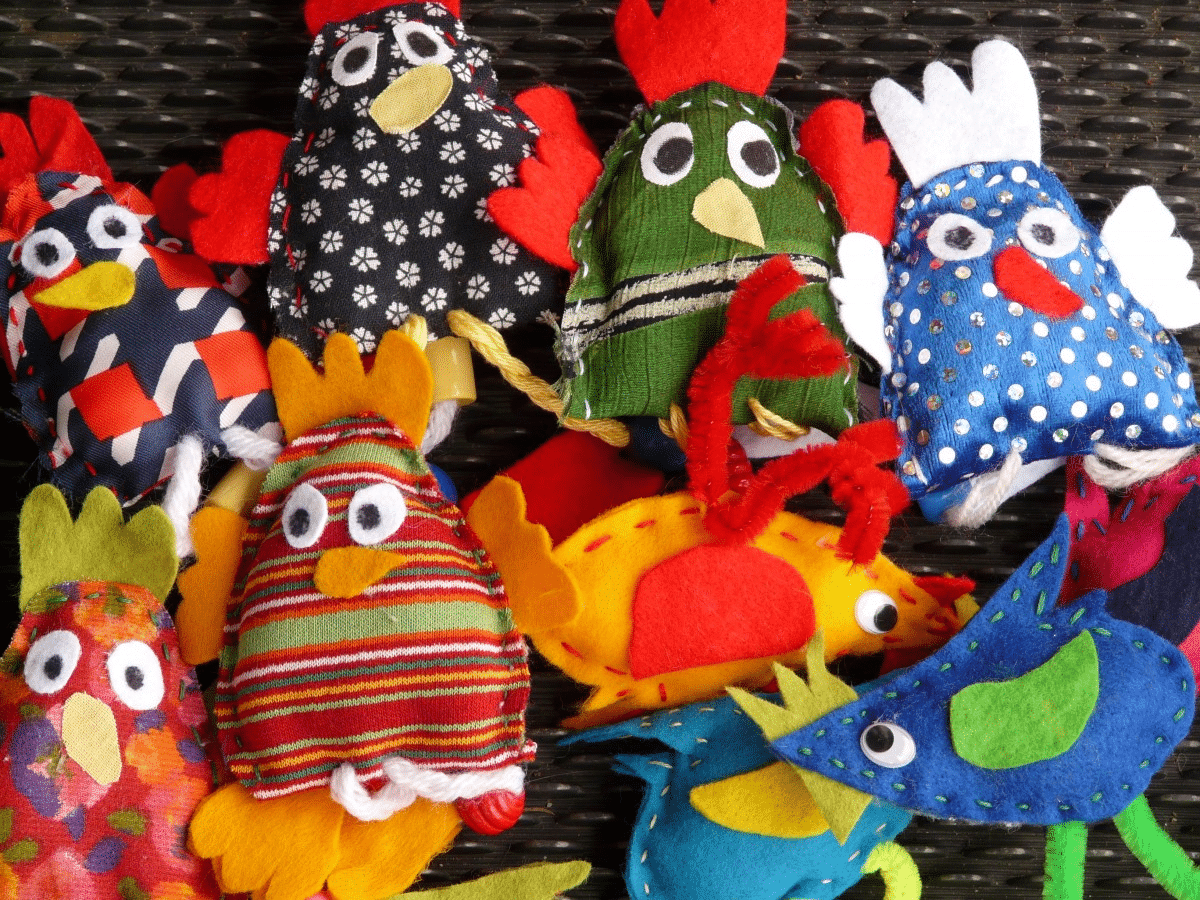9.3 – dávat / dát ‘to give’
In this lesson we’ll learn a new verb dávat / dát – 'to give'. Remember, now that we have learned verbal aspect, we need to learn both an imperfective and perfective verb:
Imperfective dávat
The imperfective verb dávat is conjugated normally:
|
já |
dávám |
my |
dáváme |
|
ty |
dáváš |
vy |
dáváte |
|
on, ona, ono |
dává |
oni (ony, ona)[1] |
dávají |
We’ll use this to talk about regular giving (in any of the tenses), so for example:
|
|
|
|
Každý rok dávám mámě k narozeninám čokoládu. |
Táta mi vždycky dával nějakou hračku. |
Perfective dát
Perfective dát is also conjugated normally:
|
já |
dám |
my |
dáme |
|
ty |
dáš |
vy |
dáte |
|
on, ona, ono |
dá |
oni (ony, ona) |
dají |
Perfective dát is used for a single (completed) act of giving:
|
|
|
|
Viktor dal tátovi láhev dobrého moravského vína. |
Bára dala Honzovi nový mobil. |
Images used in this document come from these sources.
[1] In Standard Czech there is also ony (for masculine inanimate and feminine subjects) and ona (for neuter plural subjects), but in Spoken Czech these forms are typically not used. Instead, oni is used consistently for all genders. Similarly, rádi is the most common form in the plural, but the form rády is technically what should be used for groups of women only.



